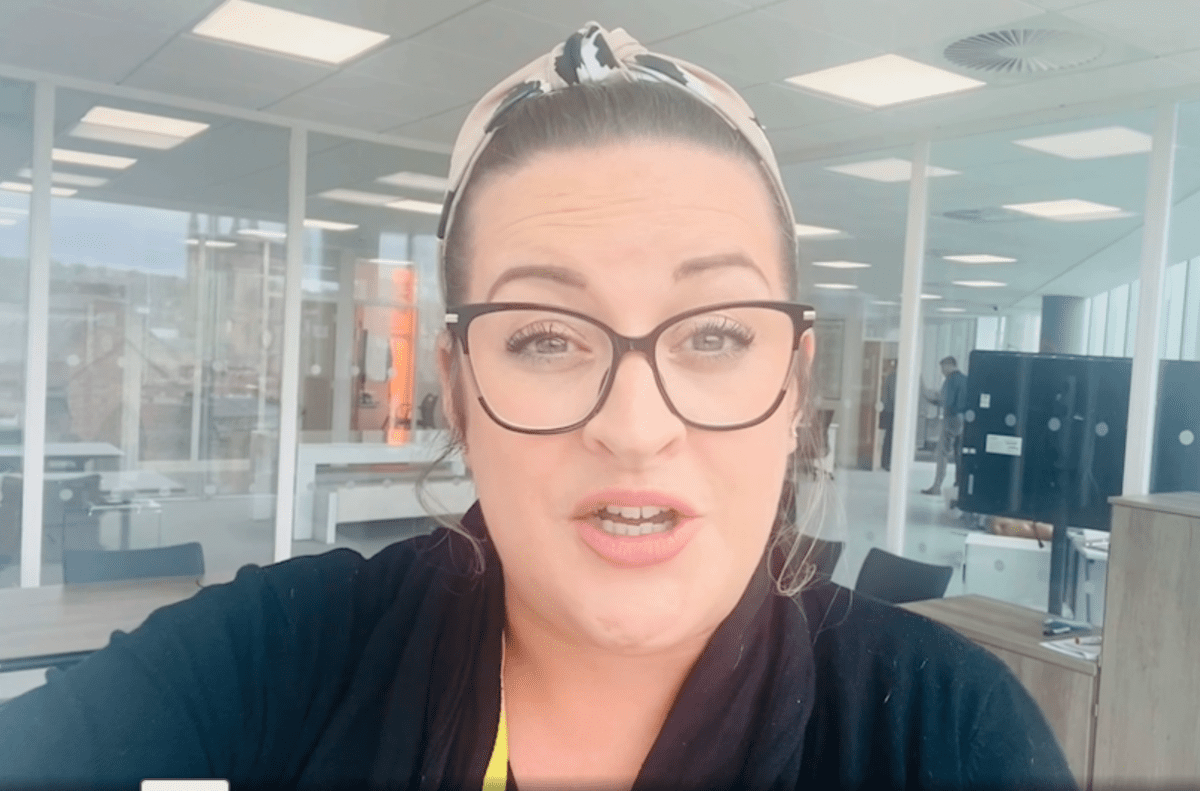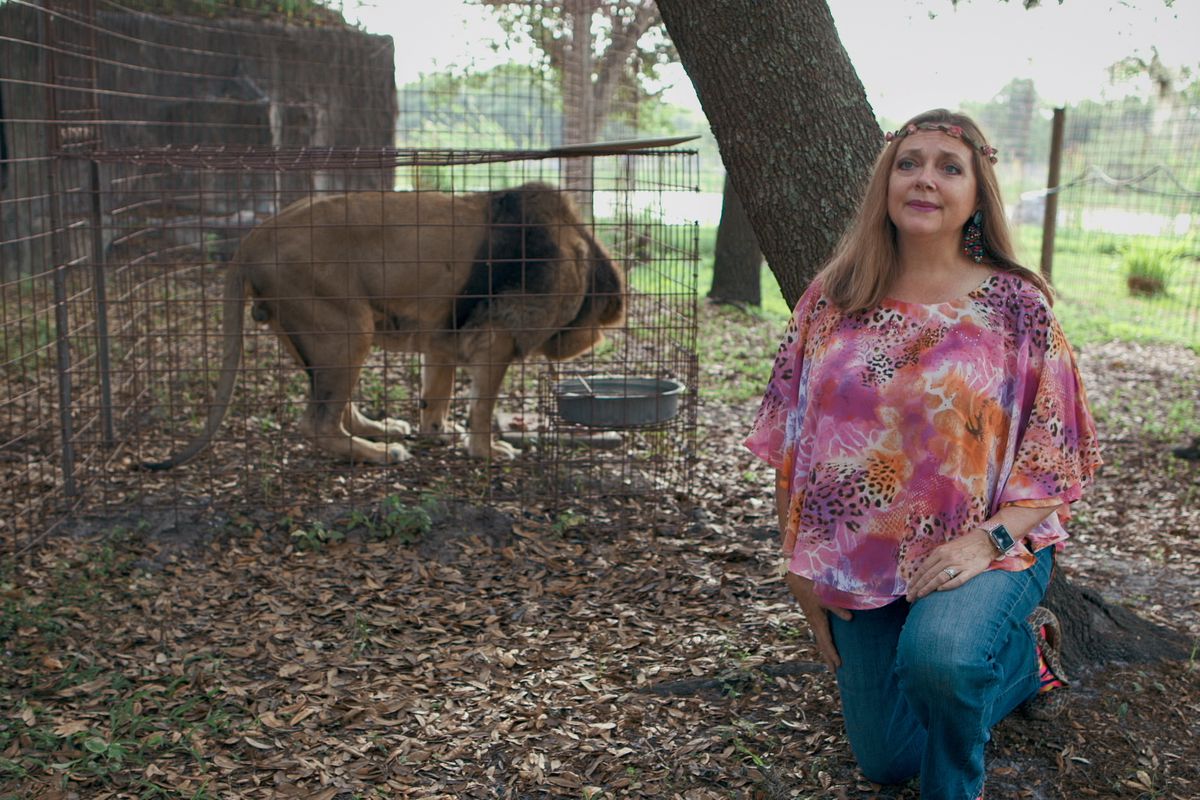GEeky leadership lessons from ted lasso
Ted Lasso is our type of Geek and we have so much to learn from him
Ted Lasso is the story of a Kansas football coach who gets tapped to coach a pro English soccer team — despite the fact he knows very little about the game.
The original comedy series was created by star Jason Sudekis and Scrubs exec, Bill Lawrence. Based on a pre-existing format and characters from NBC Sports that went viral on the internet.
The second season of Ted Lasso will premiere on Apple TV+ Friday, July 23, 2021
WARNING – CONTAINS SPOILERS
Following the Euros so many words have been written about our heroic England team and Gareth Southgate. But there’s business lessons to be learned from many other football managers, even fictional ones. Ted Lasso has more to say than most.
Ted Lasso is the titular manager of AFC Richmond in the Premier League. The Apple TV+ comedy series has captured our hearts at Geek. It’s an instant feel good classic and has so much to teach us. Everyone can learn from Ted and be a little bit better as a person if we are a bit more Lasso.
1. Kindness wins
BE MORE LASSO...
So many of us still feel that kindness is a weakness, especially in business. Despite the weight of evidence to the contrary, we still seem to be hardwired with “nice guys finish last” beliefs. New teachers are still encouraged, “Don’t smile before Christmas!” We’ve all had that boss that was a bully – you may have seen the stat that as much as 12% of CEOs display traits of psychopathy – not a condition synonymous with a fair, equitable and joyous workplace. And even if you are a fan, we don’t think anyone would label the previous leader of the ‘free world’ (we won’t mention his name) as ‘kind’. So on the face of it, it can seem that the opposite is true, all around us intolerance, thoughtlessness, meanness and cruelty seem to be winning the day. But it’s an illusion and to see the truth we just need another perspective. We definitely need to ‘zoom out’ to see the long term effects of kindness winning the day. But we can see it in the small things too.
Take Ted Lasso.
Despite zero experience, Ted is literally thrust into the hard-nosed, hypercompetitive cynical world of Premier League Football and is almost immediately overwhelmed. Faced with instant hatred – journalists are contemptuous, fans constantly shout “W*****, W*****” at him at games and in the street and the owner has only hired him to fail, Ted has an answer: “Meet hate with love.” And he doesn’t have to try hard at all. Ted is a thoroughly decent, likeable human being with bags of enthusiasm. Many think this hokey Midwestern “Gee, shucks!” persona is either contrived or indicative of a backwoods naivete that make him wholly unsuitable for his role as Manager of AFC Richmond Greyhounds. Some point to his insistence on baking fresh shortbread for his boss everyday as a cheap way to curry favour. But over the course of the first season we realise this is just who Ted is. He is endlessly kind, even in the face of vitriolic provocation and eventually it is kindness that begins to get through and build trust with his skeptical, failing players. Does kindness win the day? Presumably the answer is obvious, but if you haven’t watched Ted Lasso yet then get a free trial of Apple TV+ and tune in. Watch how Ted’s kindness works it’s magic like a benevolent virus on his team and then realise it is working on you. We could literally feel our smile growing millimetre by millimetre with each passing minute of every episode.
Kindness is all powerful. You can stomp it down, but it is irrepressible. Kindness will prevail in the long run, even in football (See exhibit B: Marcus Rashford for further evidence)
We know, if you are following our posts and reading this, there is a better than even chance you are a kind person, but we encourage you to be even kinder in your business dealings.
Be More Kind, Be More Ted Lasso.
2. TRUST NEEDS, TRUSt
CREATE, NURTURE OR BRING 'EM WITH YOU, EVERYONE NEEDS AN ADVISOR THEY TRUST...
There’s no doubt that trust is a massive component of effective teams and that trust in leadership is absolutely vital for a healthy, successful business.
So what do you do if, like Tad Lasso, you are a new leader of an existing organisation or team? Everyone tells you that ‘trust has to be earned’, that it ‘takes time’ and that there’s ‘no shortcut.’ But, what if you don’t have the time? What if you are being judged now and need instant results?
Well Ted Lasso found a way. Firstly, he brought in the ‘trust’ and loyalty in the form of his right-hand man, Coach Beard.
Perhaps because opportunities in football are so fleeting and the turnover so ridiculously high it’s not unusual for football managers to bring in their own ‘staff’ to a new team. And whilst making wholesale changes with existing teams before you get to see them in action is perhaps not the right play, bringing in one or two trusted advisors can be tremendously productive. So much so that we are surprised it doesn’t happen more often in C-Suite positions of businesses.

So one of the main reasons to bring your right hand woman with you is it helps you hit the ground running, creating a familiar framework within unfamiliar surroundings. But we all know that’s not how the majority of us land in a new senior leadership role. We have to find the people with the greatest influence; we have to find leaders and advisors and usually we have to empower and nurture our new teams from day one.
Ted knows this more than most when he inherits a dysfunctional dressing room at Richmond. He needs his leaders in his team to give him a foothold in the dressing room but he knows he can’t just tell them what to do. First of all he doesn’t have the ‘capital’ to garner their respect (he’s never coached soccer in his life let alone at Premier League level) and he knows telling people how things “should be” never works. He chooses to nudge his leaders along until they gradually begin to earn trust, grasp his concepts, but most importantly take responsibility themselves.
Nudge is a concept in behavioural science, political theory and economics which proposes positive reinforcement and indirect suggestions as ways to influence the behaviour and decision making of groups or individuals. Nudging contrasts with other ways to achieve compliance, such as education, legislation or enforcement. Winner of the Nobel Prize in Economics, Richard H. Thaler, and Cass R. Sunstein: literally wrote the book on this with Nudge: Improving Decisions About Health, Wealth, and Happiness – it’s a revelatory look at how we make decisions and well worth the read.
An example of this occurs early on in the season – fiery, no-nonsense Richmond captain, Roy Kent, approaches Ted to inform him that some of the players are bullying kitman, Nate and asks what he is going to do about it? Ted tells Roy that he already knew Nate was being bullied and that he is going to do nothing about it, leaving it at that. Privately he reasons with Coach Beard that ‘Teacher’ interventions in these situations often only make things worse, but by seemingly ignoring the problem Ted has placed the burden of leadership back to Roy and made it quite clear it’s up to him to resolve the issue, which he does, with relish, in true Roy Kent style. Ted has taken a calculated risk to begin nudging Roy into becoming the real leader that Richmond needs. He has many more plans to nurture his relationship with Roy and build their influence with the team, this is just the start.
3. everyone has a voice
Power through diversity
When Ted first arrives at Richmond, Nate Shelley the team’s Groundsman/Kitman, not knowing who Ted is, shoo’s him off the pitch. The first thing Ted does in response is ask Nate his name. Nate is speechless. No one in the whole organisation had ever taken the time to ask his name before. Unsurprisingly, Nate’s confidence and self esteem is through the floor. He sees himself as a ‘small man’, surrounded by ‘perfect’ athletes, completely disregarded by everyone; utterly insignificant. That just doesn’t truck with Ted. He knows that great leaders are all inclusive in their approach and great things can be achieved through inclusion and diversity
It’s easy to build echo chambers in business, as in Sport. Especially because as we argued above, you need trusted advisors around you when in senior leadership roles. Sometimes those advisors can become sycophants. Promoting people that don’t look, talk or think like you is building strength and innovation in your business through diversity. We have got so far to go in this country to see this as an absolute strength in business, because in essence it’s making the hard, uncomfortable choice. We face the same challenge at Sales Geek but we know where we want to be.
Ted’s approach pays off. By the end of Season one, Nate is giving team talks, providing an edge for the players via his unique world view and eventually he is promoted to coach. Via civility and recognition Ted allowed an untapped talent to flourish. Very often that’s all it takes to find a unique voice in your business.
4. Be in it to win it...
OR LOSE... OR TIE
Weirdly, (perhaps) for someone in the hot seat, Ted isn’t that interested in the final result of the games Richmond plays, despite initially struggling to understand the concept of a game ending in a draw (or tie as he calls them). He’s more interested in the process and incremental progress. Are his team learning and improving? Ted has taken a long term view of his project: perhaps through naivete and a failure to understand the truly transient nature of Premier League football management or; perhaps because, lacking in any experience or track record, he knows he can’t have a substantial immediate impact. More likely he is secure enough in himself to know he will give of his best and trusts his process during the week, realising he has no control in what happens on the pitch on any given matchday. This approach allows him to cut through the vagaries of a result driven business and ensure his emotions aren’t entirely dependent on something he can’t control. Great for his mental health, his approach gives him the emotional bandwidth to deal properly with his real world problems, such as finding a positive, compassionate solution to his marriage breakdown.
If we trust the process rather than short term results it gives us a more strategic birds-eye view that’s far more likely to be a successful approach in the medium to long term. It also allows us to be more flexible when we need to be because we can embrace positive changes without being too dialled in to short term pain.
5. trick plays.
CRowd source creativity
It all comes down to the final game of the season. AFC Richmond face powerhouse, Manchester CIty and need a victory to secure their Premier League status. Following on from above, we know that Ted focuses on the long game but “C’mon” this is a one off game that means everything. What’s Ted got to defy the odds? The answer? – Trick plays! He thinks if Richmond can focus on set pieces they have a glimmer of a chance. In true Ted style he crowdsources ideas from everyone in the organisation, once again giving every person, regardless of perceived rank, a voice and equity in team plans.
Sometimes, the task in front of us needs a fresh approach. Tried and tested measures aren’t working. Sourcing creativity in these times is usually the key to success. As an experienced leader you will usually have a few tricks up the sleeve, borne of years of experience. But previous experience doesn’t always provide the best or most efficient solutions. Hopefully, we’ve demonstrated above that diversity in a team is such a positive and these situations are usually where that diversity will prove it’s metal. Encouraging new ideas via a creative environment can take time but investment in that process is usually rewarded handsomely.
6. the power of forgiveness
ARE YOU REALLY THAT BOTHERED?
Maybe this ties in perfectly with our initial observation that “Kindness wins”. Because, of course it’s tricky to be kind if you are angry at people all the time or aren’t able to forgive. Superficially perhaps, many of us think of forgiveness as being more tolerant of mistakes.
But isn’t forgiving mistakes somewhat self-indulgent? Is it just our ego that demands forgiveness? Why are we seeing mistakes as something that needs our forgiveness and conversely that error free work needs our approval? If we acknowledge that everyone makes mistakes, including ourselves, all the time, then we are no longer beholden to perfectionism and far more likely to accept mistakes as part of the process, part of the everyday function of any business. And so our forgiveness is no longer required as part of any process, fostering a far healthier workplace, where people aren’t constantly afraid of mistakes or seeking our approval. It’s just a case of parking the ego really, something that Ted Lasso is a master at – he is a kind, selfless man and that makes him very easy to like and trust.
But here we are far more concerned about the power of forgiveness on a more elemental level. Can we or should you forgive the “unforgivable”? The answer, as in most things is, “it depends”. Certainly at a professional level, there are somethings that we just can’t let slide. There are occasions when a person’s behaviour and actions probably are unforgivable and immediate and punitive action is required. But imagine if a person’s behaviour seems heinous to you but isn’t enough for a dismissal? How do you reintegrate that person into a team, how do you learn to trust that person? The only way we know to move on is to forgive. If done right it can be a powerful coagulate for any team. And even if it doesn’t work in improving a team, if you feel wronged at a personal level, forgiveness will ultimately free up your psyche and help you move on.
Ted Lasso, finds out he has been manipulated by his boss, Rebecca, the owner of AFC Richmond. Not only has she deliberately hired him to fail and thus sabotage the team her ex husband loves, she has staged a paparazzi photo of Ted and the girlfriend of his star player to accelerate his demise.
The tension builds to a showdown in the final episode.
Ted has won over everyone in the organisation and beyond. His kindness and inspirational leadership has navigated the team to the brink of safety and given the fans and community something to finally get excited about and cheer for. So Rebecca feels deep shame and regret. Ted has become her friend. He has stood up for her on numerous occasions and it seems she will lose the trust of a good man.
The tension immediately dissipates when Ted hears the story directly from Rebecca and immediately states “I forgive you”.
Ted realises it’s never about what Rebecca did in the past, it’s about the person she is now and will be in the future. He values the friendship he has with her now more than indiscretions in the past and forgives what Rebecca sees as “unforgiveable”. Once again Ted parks his ego and solidifies trust by taking the long view and not making a fuss about something that doesn’t really matter to him going forward.

Some say that our Secret Geek is half Canadian, was once kidnapped by Norwegians in Paris and snogged a Hollywood actress. All we know, is that he is our constantly creative, content Geek. If in passing you have noticed the Sales Geek brand or liked, shared or commented on our social media then that’s our Secret Geek sauce working its magic. Rumour has it that he used to live in Kansas and his local team was the Wichita Shockers, the very team Ted Lasso coached.
Geek Value: Make things fun.
We hope you enjoyed this article. You can find Ted Lasso on Apple TV + right now and catch up before season 2 starts later this month. You can also find similar stuff to this via the links below.
And don't forget...






